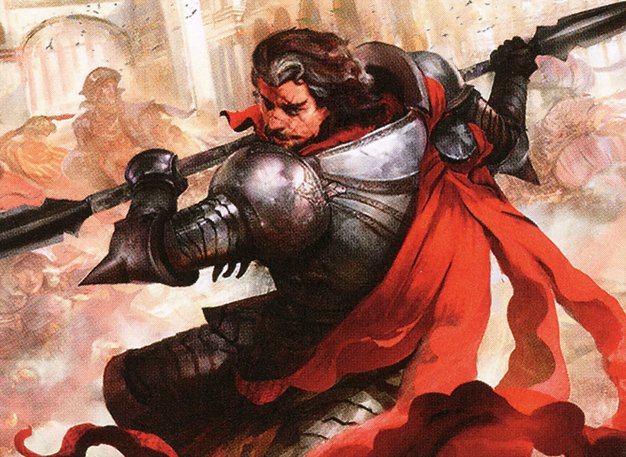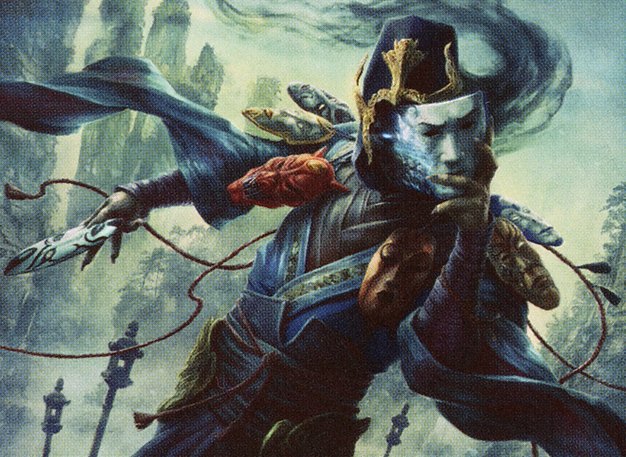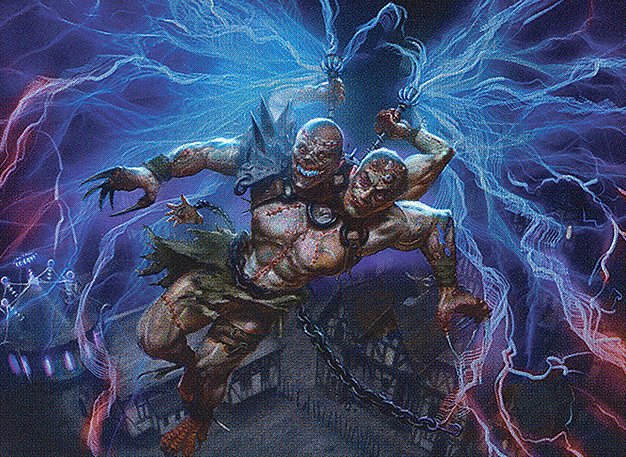Deck & Commander Strategies

Livio, Oathsworn Sentinel
Build a resilient board state by casting creatures and generating value through combat and triggered abilities, often supported by cloning effects from Sakashima to extend presence.

Sakashima of a Thousand Faces
Copy impactful creatures on the battlefield to multiply threats and maintain board dominance, creating versatile responses to opponents' plays.

Kraum, Ludevic's Opus
Apply pressure through a combination of aggressive combat and card draw from dealing combat damage to opponents, fueling further plays and disruption.

Malcolm, Keen-Eyed Navigator
Leverage combat damage triggers to draw cards and control the flow of the game, supporting a tempo-oriented strategy alongside Kraum.
Gameplay Insights
- 1
Sakashima's cloning ability was pivotal in creating multiple threats, allowing Livio's controller to maintain pressure despite board wipes or removal.
- 2
Kraum and Malcolm's synergy focused on dealing combat damage to draw cards, which helped maintain hand advantage and tempo.
- 3
Timing of combat and blocking decisions was crucial, with both sides weighing whether to trade creatures or preserve key threats for future turns.
- 4
Resource management and choosing when to deploy Sakashima copies influenced the flow of the game and dictated board control.
Notable Cards
-

Sakashima of a Thousand Faces
-

Livio, Oathsworn Sentinel
-

Kraum, Ludevic's Opus
-

Malcolm, Keen-Eyed Navigator
Gameplay Summary
The Duel Commander match pitted Livio, Oathsworn Sentinel paired with Sakashima of a Thousand Faces against Kraum, Ludevic's Opus combined with Malcolm, Keen-Eyed Navigator.
The game featured a dynamic interplay between these commanders, with Livio and Sakashima focusing on leveraging creature-based synergies and cloning effects to generate board presence.
Meanwhile, Kraum and Malcolm sought to capitalize on their card advantage and aggressive tempo to pressure opponents.
Key moments included strategic use of Sakashima's cloning ability to copy powerful creatures, shifting board control, and critical combat phases where damage was carefully calculated.
The match showcased a tension between proactive creature deployment and reactive disruption, ultimately highlighting the importance of timing and resource management in Duel Commander.























